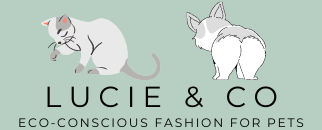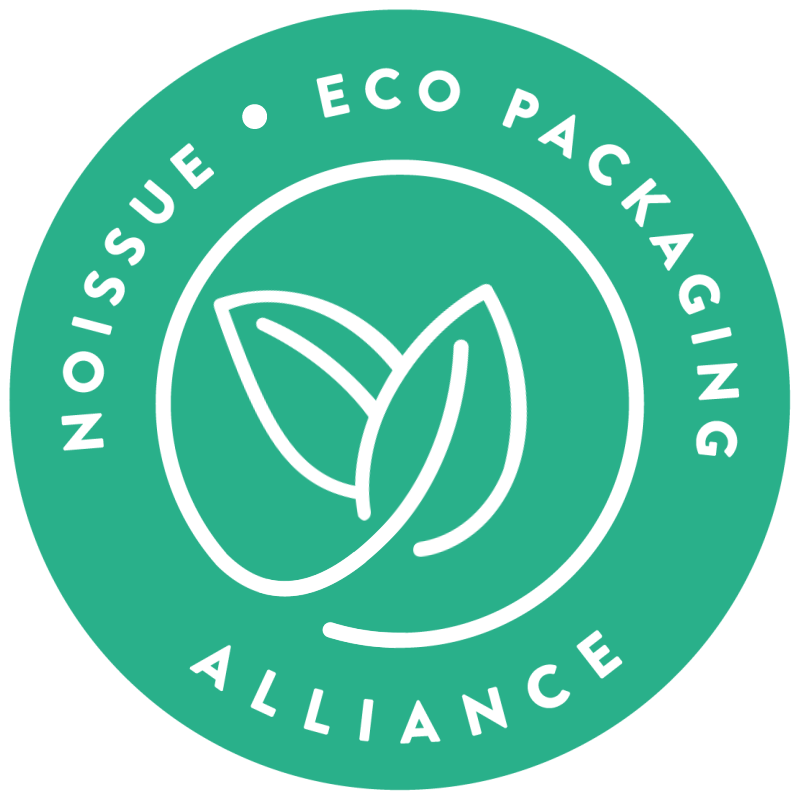Terminology Used
-
FSC Certification.
FSC is the Forest Stewardship Council that promotes responsible management of the world’s forests. FSC certification is a certification that sets certain standards on products that are made from trees. It certifies them as eco-friendly depending on the lifecycle of the product and how it was made. It ensures that both the communities and environment were protected during this process. If you want to learn more about this certification please visit the Forest Stewarship Council Website here.
-
OKEO TEX Certification.
OKEO TEX is a worldwide consistent, independent testing and certification system for semi-finished, raw and finished textile products at all processing levels. OKEO TEX certifies that all components of a product are non-hazardous and have been tested for harmful substances.
To obtain the standard the product needs to be free from more than 100 substances known to be harmful to human’s health.
It takes into account:
- other harmful chemicals which are not legally regulated yet
- legal regulations including the banning of AZO colourants, pentachlorophenol, cadmium, formaldehyde, nickel etc
- numerous environmentall relevant substance classes
- requirements from the US Consumer Product Safety Improvement Act (CPSIA) in regards to lead
- requirements of Annexes XVII and XIV of the European Chemicals Regulation REACh as well as the ECHA SVHC Candidate List
Find out more by visiting the Okeo-Tex website here.
-
GOTS Certification.
GOTS certification stands for the Global Organic Textile Standard. They are the world’s leading textile processing standard when it comes to organic fibers. It defines a products high-level environmental criterion throughout the entire organic textile supply chain and requires compliance within social criteria
In order for a product to be certified with GOTS, the textile must contain a minimum of 70% certified organic natural fibers. All chemical inputs must meet a set of toxicological and environmental criteria along with waste water management plans.
It covers the entire making process of the product which includes fair trade (fair labor practices) and the assurance that there are no toxic substances used throughout the making process ergo making it safe for humans.
To find out more about GOTS and what it means visit the Organic Trade Association website here.
-
OCS Certification.
OCS stands for The Organic Content Standard and is an international, voluntary standard. With an aim to increase organic agriculture production.
Only materials that are certified organic under IFOAM’s standards is accepted by OCS.
Certification also ensures that the organic content is maintained from farm to final product.
To find out more about the OCS certification click here. -
SEDEX Certification.
SEDEX is the Supplier Ethical Data Exchange and is the audit procedure created to cover ethical audits.
The audits are designed to ensure the working conditions at the suppliers site are ethical. They physically ensure the health and safety of workers and have a zero tolerance oh human rights abuses including and not limited to child labour.
For more information about the SEDEX certification visit the Sedex website here. -
Higg Index (SEDEX).
The higg index is run through Higg Co alongside SEDEX. Higg Co is a global leader in environmental assessments of supply chains.
It covers the social and environmental aspects of the supply chain within an organisation.
To find out more about this visit the Sedex website here. -
Recycled.
Recycled fabric for our products means that the fabric was sourced as existing and not purchased brand new from a fabric store.
These fabrics have been thrifted from predominately op-shops. This is a sustainable way of accessing fabrics. We do NOT source deadstock fabrics. Deadstock tends to be the excess of mass produced fabrics. By purchasing these fabrics in the broader sense is not as sustainable due to there being little incentive for manufacturers to make what is needed instead of over producing.At Lucie & Co we believe sourcing our fabrics the way we do is the most sustainable way of creating our products.
All items are assessed for any damage, stains etc. and are cleaned prior to being used in our patterns.


